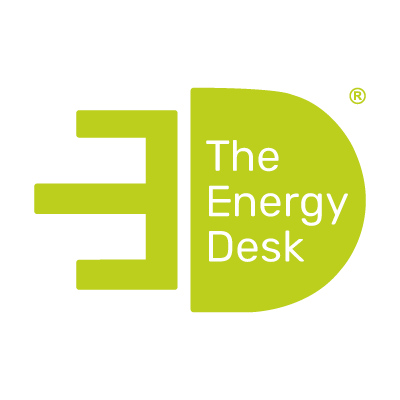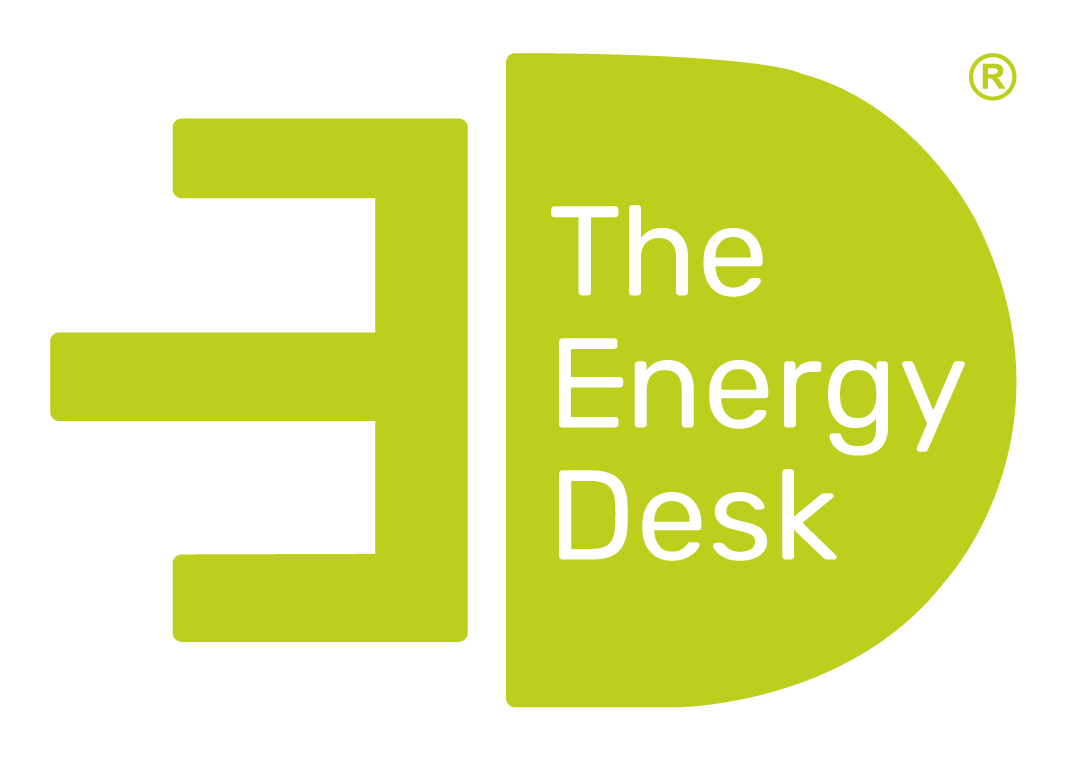Renewable energy is also referred to as clean energy as it’s designed to use resources that are either limitless, such as sunlight and wind, or replaceable, such as plants. Considering how much of the world’s energy is based on finite resources like coal and petroleum, this method of using sources that will not deplete is helpful. In addition, clean energy has a lower impact on the environment and tends to have a smaller carbon footprint.
Businesses can benefit from going green by improving their energy use and lowering their bills, but it’s also a draw to customers. Many prefer to work with a company that is making an effort to reduce its carbon footprint.
When it comes to managing your business with renewable energy sources, you have plenty of options, but will find that some sources are better than others for your needs.
Five Renewable Energy Resources
While there are more than just five renewable energy resources, these are the ones that you should look at first. They are the most likely to be available, as well since they’re all popular methods to use. Consider the various choices carefully and compare them to what you need in your company. Not all methods of energy production are truly right for every business.
Biomass Energy
This type of energy is often thought of as a heating source only, but with the right device, you can generate electricity, as well.
Biomass energy is produced when organic products are burned. These products are usually wood but can also be animal waste and bio fuels like ethanol that will burn. However, the vast majority of these systems use wood that is either a by-product of a sawmill or other types of waste wood. They may be turned into wood pellets or wood chips for more efficient burning.
The main benefit of biomass energy is the fact that it is predictable. You can use it as your baseload power because it will always produce the necessary amount of energy, making it the ideal option for your business.
Industries that use biomass as a form of energy include the transport industry which uses ethanol and biofuel, as well as power plants to produce the energy needed by the populace. Residential homes also use biomass in the form of wood-burning stoves and fireplaces for heat.
Solar Energy
The sun is always there, even when we can’t see it through the clouds, or when it is obscured by the world itself. The fact that this energy source won’t burn out any time soon means solar energy is an excellent way to power your business. It’s possible to set up solar panels on the roof of the business to give you free, easily accessible electricity throughout the day.
If you want to use solar power at night, you need a battery bank to store the energy produced during the day. This means you run everything off the batteries at night or on overcast days. Since clouds can obscure the sun, you won’t always have the same level of output, so batteries will be necessary if you actually want to use this as your sole source of power.
Solar energy can also be used for heat. There are solar water heaters that you can use to warm water for showers and bathing, or you can use sun-heated water to warm the building. With the ability to do more than one thing, solar power is often quite popular.
Certain industries are more likely to work with solar power. Solar thermal energy is frequently used in food and textile industries, as well as chemical processing and heating business and commercial buildings. Solar electricity is frequently used in telecommunications companies, as well as desalination plants and agricultural industries. You’ll find solar electricity is used to run pumps, refrigerators, lights, engines, and more that is required to keep a company running.
Heat Pump
Heat pumps don’t exactly offer electricity, but they do provide climate control, which is quite important to most businesses. The most basic description of a heat pump is moving heat to a warm place and cool air to a cool place. This allows the heat pump to collect heat from the air or ground and transform it into potential heating for your company building.
Heat pumps aren’t always used for creating heat. They can use heat to create cooler spaces, as well, such as an air conditioner or refrigerator. The heat pump merely pumps the refrigerant through the areas where it absorbs heat and vaporises, which occurs in the evaporator. The heat is released in the condenser, where the refrigerant condenses again.
Certain industries are more likely to use heat pumps. For example, the food and beverage industry makes great use of this type of technology to cool and heat food, but also to sterilise or pasteurise food and drinks and to dry or dehydrate vegetables and fruit. Chemical heating companies and wood and paper factories also use it quite frequently for processing and drying products. Finally, you may find heat pumps used to help with cleaning and washing products.
Waste to Energy
Waste to energy is much like it sounds, creating energy out of waste products. It can be used to produce either heat or electricity and has several methods of making this work.
First, it’s possible to burn organic waste, which results in producing some energy, though the production of heat for keeping buildings warm is certainly part of this. An incinerator tends to have an electrical efficiency of 14-28% and the heat can be used to create steam to produce electricity. This electricity is then used to power factories, commercial and residential buildings. These places may also be heated by the same process.
Biogas can also be produced by decomposing waste via anaerobic digestion. This produces methane, which was once a big problem for landfills but is now harnessed to use as a fuel for producing electricity. Similarly, fermentation processes can be used to produce ethanol and hydrogen, both of which are excellent sources of fuel for the travel and transport industries.
There are several other options in waste to energy methods, including gasification, pyrolysis, thermal depolymerization, and mechanical biological treatment, among others. In general, this type of electricity is used to power residential homes and businesses.
Optimisation Technology
Optimisation technology doesn’t produce electricity, but rather conserves it. It helps you reduce the amount of energy you use so that the same amount of electricity can go much further. You’ll often find this technology is available as smart control devices.
Essentially, energy optimisation is monitoring your energy usage and helping you maintain a lower usage rate than you would do on your own. For example, lights and temperature can all be controlled to turn off when you’re not around. Lowering the temperature of your business and having it automatically rise just before the employees come in will save quite a bit of money. It is also much better for the environment to reduce the amount of energy used by your company.
Every industry can benefit from using optimisation technology.
What to Look for in Renewable Energy Suppliers
you may be asking which energy supplier should you choose? That depends entirely on your industry and which type of renewable energy you’re interested in. However, you should always ask the energy supplier about their options. What do they offer in terms of clean energy? What do they recommend for your business?
Don’t forget to check the reputation of the energy supplier, as well. Reviews can tell you quite a bit and if the same issue is repeated over and over, then you know that it is likely a real problem. Likewise, if certain aspects of the company are frequently praised, this is reassuring and gives you the peace of mind that they know what they’re doing.
Ideally, you’ll talk to the company and get a better feel for their expertise. Take the time to research and learn about the various offers from different energy suppliers so you can choose the best one for your needs. They should have at least a few years of experience and offer plenty of customer service. This way, if you have any issues, you know you can get a response from them and request help.
If you’re looking for ways to reduce your energy usage and make your business eco-friendlier, then you need to consider renewable energy sources. Contact The Energy Desk for more information on our green energy options for your company. we’d be happy to help.

